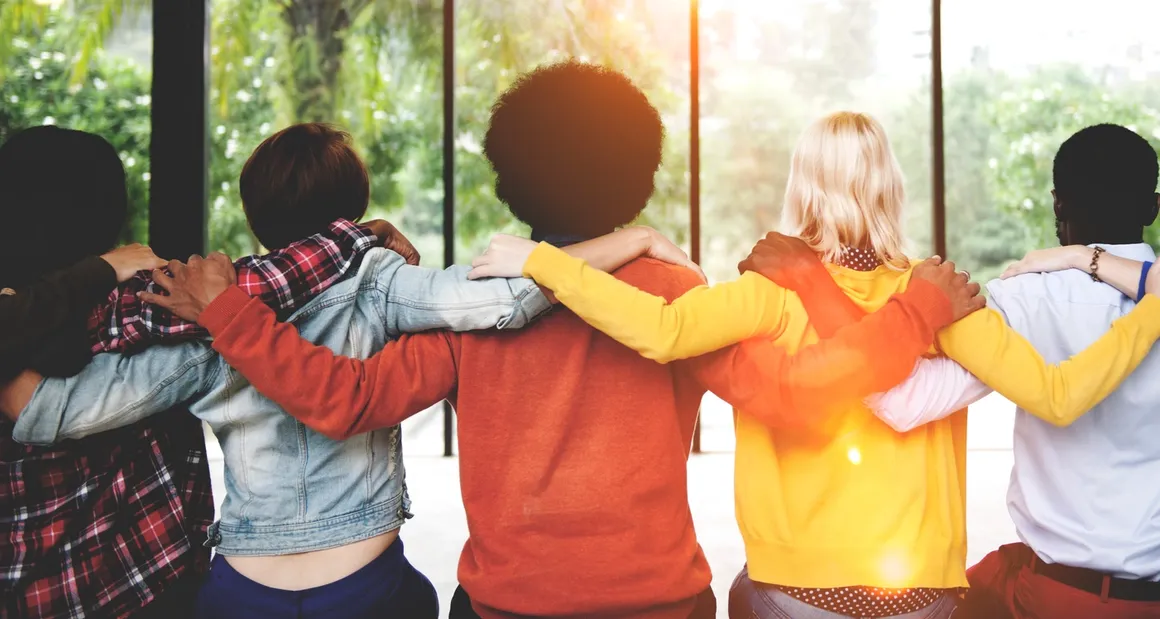children and teens Therapy
Compassionate Therapy Services for Children at Palo Alto Marriage and Family Therapy Services
At Palo Alto Marriage and Family Therapy Services, I provide a warm and supportive space dedicated to the unique needs of children and adolescents. My approach is centered on helping young individuals, navigate the emotional challenges of growing up, whether they’re dealing with anxiety, depression, trauma, or social and relationship issues. I’m here to help them build resilience, develop healthy coping strategies, and foster self-confidence. Each session is tailored to meet them where they are, empowering them to overcome obstacles and thrive as they grow into their fullest potential.
Hello
Counseling Services for Children and Teen
Supporting the Emotional Well-Being of Children, Teens, and Their Families with Anxiety, OCD, and Social Relationship Issues.
PALO ALTO MARRIAGE AND FAMILY THERAPY SERVICES for TEENS
Recognizing Anxiety, Stress, Depression, and Trauma in Adolescents
Adolescents often display mental health issues differently than adults. Recognizing these signs early can help in seeking timely support.
Signs of Anxiety
- Constant Worry: Teens may worry excessively about school, social life, or future events.
- Avoidance: They may avoid social situations or activities due to anxiety.
- Physical Symptoms: Headaches, stomachaches, and fatigue can accompany anxiety.
- Irritability: Teens might seem easily frustrated or restless.
Signs of Stress
- Emotional Outbursts: Stress can lead to sudden anger or crying spells.
- Sleep Issues: Difficulty sleeping, nightmares, or excessive sleeping.
- Appetite Changes: Increased or decreased eating.
- Withdrawal: Isolating from friends and family is common.
Signs of Depression
- Persistent Sadness: Long-lasting feelings of hopelessness or worthlessness.
- Loss of Interest: They stop enjoying activities they once loved.
- Low Energy: Difficulty getting out of bed or focusing.
- Self-Harm or Suicidal Thoughts: Immediate professional help is needed if these signs appear.
Signs of Trauma
- Flashbacks or Nightmares: Re-living traumatic events.
- Hypervigilance: Being overly alert or easily startled.
- Emotional Numbing: Feeling detached from surroundings or emotions.
- Risky Behaviors: Acting out, substance abuse, or aggressive behaviors.

Getting Help
If you notice these signs in your teen, consider seeking therapy options like CBT or EMDR. Early intervention can make a significant difference in their recovery and future well-being.
How Children Exhibit Anxiety and Trauma: Key Signs to Watch For
Children may not always have the words to express their feelings of anxiety or trauma, but their behavior and emotions often tell the story. Here are some common signs to look for if you suspect your child is struggling with anxiety or has experienced trauma:
Take the First Step
Signs of Anxiety in Children
- Excessive Worry: Frequent worries about everyday situations, like school, friendships, or safety.
- Physical Symptoms: Complaints of headaches, stomachaches, or other unexplained physical issues.
- Avoidance Behavior: Avoiding certain places, people, or activities that trigger anxiety.
- Restlessness: Difficulty sitting still, being fidgety, or showing signs of hyperactivity.
- Sleep Problems: Trouble falling asleep, frequent nightmares, or waking up often during the night.
- Clinginess: Being unusually clingy to parents or caregivers, especially in new situations.
- Irritability: Increased irritability, frustration, or outbursts over small issues.
Signs of Trauma in Children
- Re-enacting the Event: Playing out the traumatic event repeatedly in their play or drawing.
- Emotional Numbness: Showing little or no emotion, even in situations that would typically elicit a response.
- Regression: Returning to earlier behaviors, such as bedwetting, thumb-sucking, or baby talk.
- Hypervigilance: Being overly alert, jumpy, or easily startled by loud noises or sudden movements.
- Flashbacks: Experiencing intrusive thoughts, images, or nightmares related to the traumatic event.
- Social Withdrawal: Isolating themselves from friends, family, and activities they once enjoyed.
- Aggression: Displaying increased anger, aggression, or acting out in ways that are out of character.
Behavioral and Emotional Red Flags
- Changes in Eating Habits: Eating much more or much less than usual, or developing new fears around food.
- Concentration Difficulties: Struggling to focus in school, showing a decline in academic performance.
- Low Self-Esteem: Expressing feelings of worthlessness or guilt, often blaming themselves for their anxiety or trauma.
- Depression Symptoms: Persistent sadness, loss of interest in activities, or talking about death or suicide.
Find Strength and Hope with Palo Alto Marriage and Family Therapy Services
Comprehensive Therapy for Children and Teens
How We Help Children and Adolescents with Therapy
Our therapy services for children and adolescents are personalized, age-appropriate, and may include family involvement. We focus on helping young people overcome challenges like anxiety, depression, trauma, and self-esteem issues through evidence-based approaches. Here’s how we support them:
01
Age-Appropriate, Personalized Therapy
02
Family-Inclusive Support
03
Boosting Self-Esteem and Confidence
We work with children and teens to build self-esteem and self-efficacy. Using CBT and ACT, we help them challenge negative thoughts and encourage a more positive self-view. This empowers them to believe in their abilities and achieve their goals.
04
Managing Anxiety and Social Skills
For teens dealing with anxiety, including social anxiety, we use CBT, exposure therapy, and mindfulness techniques. These methods help them understand and manage anxious thoughts, build confidence in social settings, and reduce avoidance behaviors.
05
Developing Emotional Regulation
For those struggling with intense emotions or impulsive behaviors, DBT skills like emotional regulation and distress tolerance are taught. These skills are crucial for managing relationships and handling stress in a healthy way.
06
Enhancing Engagement with School and Family
We support better engagement at school and home by helping children and teens develop effective communication and conflict-resolution skills. This improves their relationships and overall well-being.